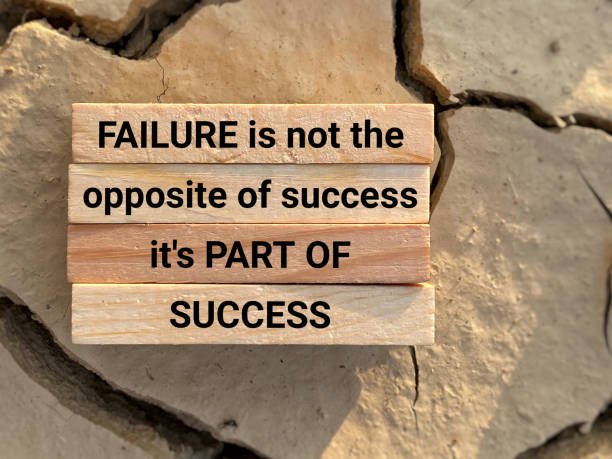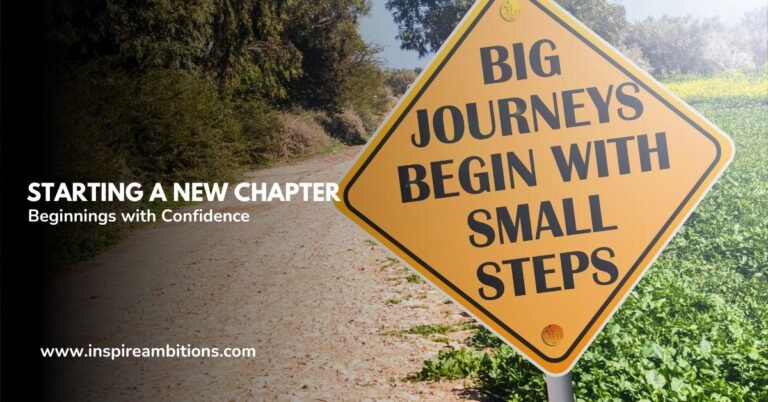How to Deal with Peer Pressure – Overcoming Social Influence Effectively
Peer pressure is a powerful force that can influence individuals of all ages to re-examine their values and make decisions that are congruent with their own sense of self.
It’s essential for each person to understand how to effectively manage the pressures exerted by their social circles. These influences can range from overt suggestions to subtle shifts in attitudes and behaviors.
By recognizing the impact of peer pressure, one can develop strategies of resistance to maintain personal integrity and make autonomous choices that resonate with their values.
The key to countering peer pressure lies in establishing personal boundaries, cultivating a network of supportive relationships, and staying true to oneself in the face of adversity.
While peer pressure can often lead to negative consequences, it is also important to acknowledge the potential for positive peer influence, which can encourage beneficial behaviors and reinforce an individual’s core beliefs.
Understanding the different types of peer pressure and their presence in everyday life equips individuals with the tools to navigate complex social dynamics, ensuring they remain in control of their life choices.
Key Strategies for Addressing Peer Influence
Lets explore these :
Grasping the Concept of Peer Influence
Understanding the dynamic of how friends or colleagues can affect our choices is vital for individuals at any age, especially in their formative years.
Recognizing the difference between overt influence, such as direct requests to conform to certain actions, and subtle influence, characterized by the desire to fit in, is critical.
- Overt Influence: Open requests to engage in specific behaviors, which often pressure someone to act against their better judgment.
- Subtle Influence: Indirect cues from a social group that may encourage someone to act in a way that aligns with group norms for acceptance.
The ability to identify shifts in one’s behaviors or interests and understand the resulting impact on mental health is crucial in dealing with peer influence.
A sudden change in activities or stress levels may indicate that someone is experiencing peer pressure. However, it’s also important to acknowledge that peer influence can have a positive effect when it encourages healthy behaviors like participating in sports or community service.
Tactics for Handling Peer Influence
To effectively navigate the waters of peer influence, it is essential to arm oneself with key strategies that focus on assertive communication and building self-assurance.
- Confidently Decline: Strengthen your ability to say no with assurance. Practicing assertiveness, such as making firm eye contact when refusing an offer, ensures your stance is understood.
- Support Networks: Lean on friends and advisors who uphold your principles and back your decisions, providing a sounding board when faced with tough choices.
Building a Solid Circle of Support
Create a network of people who inspire and uplift you to successfully resist negative peer dynamics and instead focus on shared positive values and goals.
- Cultivating Connections: Actively seek out individuals or groups who exemplify the positive elements you wish to adopt, whether through clubs, events, or online communities.
- Choosing Friendships Wisely: Prioritize establishing friendships that promote mutual support and professional progression, thus ensuring that these relationships positively contribute to your life.
Steps for Establishing Firm Personal Limits
Setting personal boundaries is an act of self-respect, and it’s critical for maintaining one’s sanity in social situations. Here’s how to draw the line effectively:
- Define What Matters: Outline your core principles and what you expect from the people in your life with respect to those values.
- Practicing Refusal: Learn to say no with simplicity and firmness. It’s a powerful affirmation of your principles and self-worth.
Handling challenging situations like peer-induced substance experiments or illegal activities requires a clear strategy and the courage to adhere to your principles.
- Tackling Substance Trials: Utilize assertive speech to turn down offers involving alcohol or drugs and reach out to friends or counselors who support sobriety.
- Avoiding Illegal Conduits: Steer clear of those who encourage or participate in unlawful activities by setting non-negotiable personal conduct standards.






